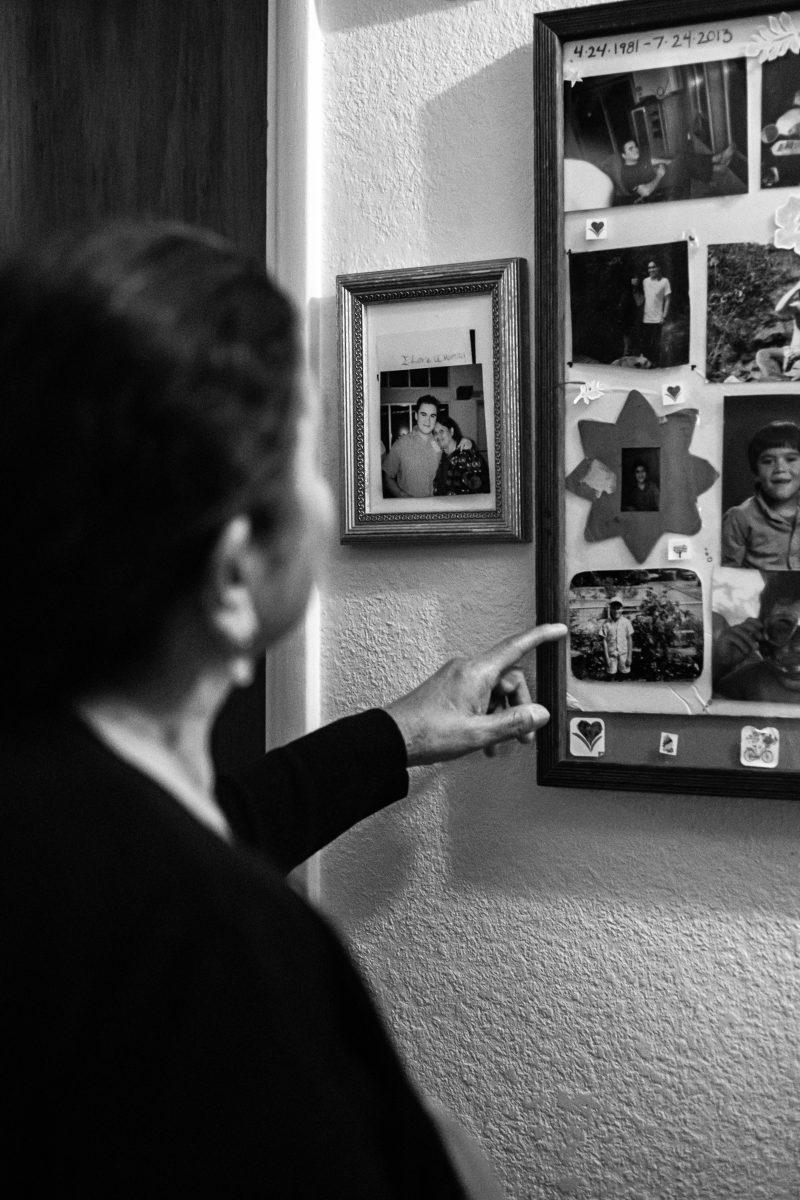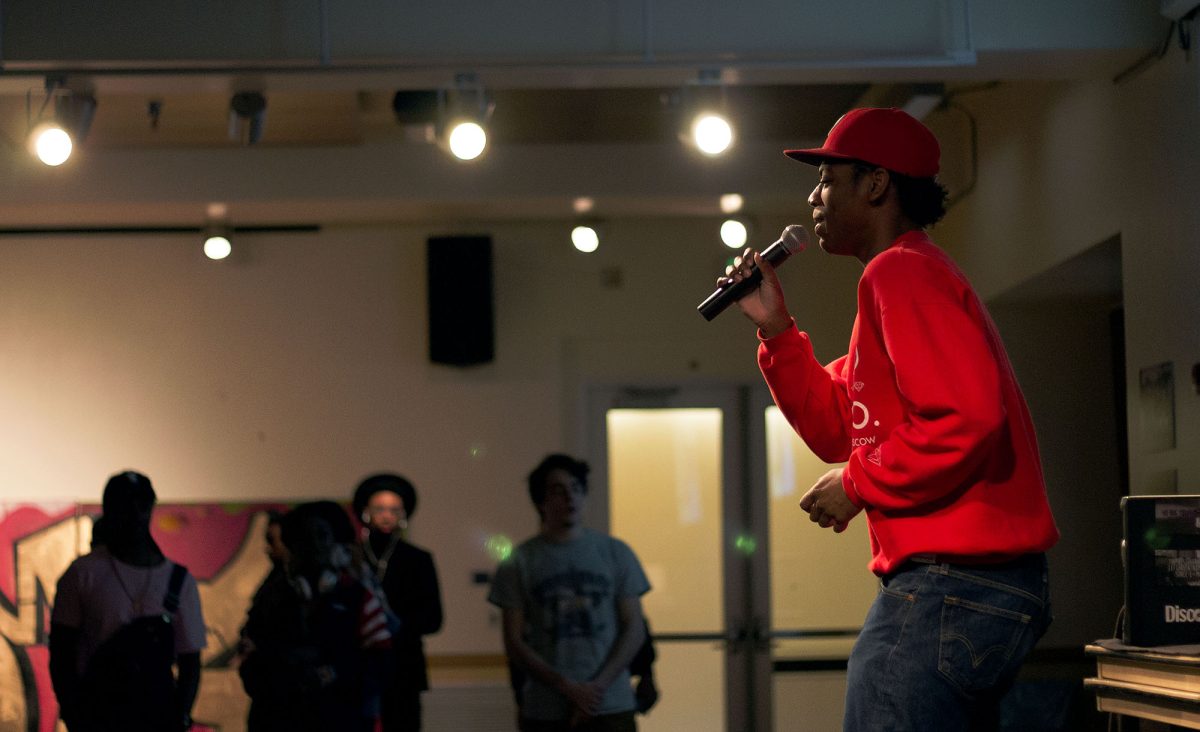Think back to yourself at 14. Where were you? What did you do for fun? What did you think about? Did any of these answers include living under bridges, playing with weapons, or committing brutal murders?
They might if you were part of a street family, like those in Rene Denfeld’s nonfiction book All God’s Children. Denfeld’s work digs deep and investigates the culture of street families in Portland, Ore. since they blew up in the early ’90s, explaining that “street families” are formed of people typically aged 14 to 29 who come together to live as “brothers and sisters.” There is usually one “mother” and “father” who are the alphas of the family. While Denfeld focuses closely on one street family, her book examines street family culture around the country, and recently, its increasing prominence among American cities.
Denfeld narrows her focus on the street family that eventually came to be run by a man named James Daniel Nelson, known also as “Highlander,” and later “Thantos” (most in street families adopt a nickname). Nelson’s involvement in and instigation of a string of brutal murders beginning a month after his arrival in Portland led Denfeld to investigate the lives of those in street families to begin with.
All God’s Children is strikingly honest. In the beginning, Denfeld notes that she wrestled with how to present the violence and brutality these families took out on each other, eventually making the decision that the only way to present the truth is to present it as it is, including the gruesome and uncomfortable details. (Details like numerous stab wounds, how the family stripped a street girl naked and beat her bloody, and other various ways they “taxed” their victims.)
This book also speaks to the dissociation the members of this family had with their role in society. Through interviews with family members, Denfeld counters one popular belief that street kids are here because of unfortunate life circumstances. On the contrary, many leave well-off, sometimes wealthy lifestyles to live in the streets. A world of fighting in the dark, sleeping in dirt, and hearing whispers, fearing that you are the next to be “taxed.”
Denfeld reflects that once the streets were cleaned up for the homeless, it opened a door for dysfunctional teenagers and street families to thrive instead:
“For runaway youth such as James Nelson, the cleaned-up streets offered a new playground. They could invent the society they wanted, free from the interference of adults…they could define themselves. Isolated from other influences, they would create a fantasy world all their own.”
And so they did. Over the years, street family culture grew in size and impact through violence. Boundaries did not exist, even after they knew the risk of being caught by the police. Street families like Nelson’s continued to grow and do brutal work at large, just because it was what they felt they needed to do. Brutal work like murdering those who came into their family and crossed them in even the slightest. Brutal work like beating someone to be nearly unrecognizable, for the pure satisfaction of moving up in street credibility.
In a voice that speaks like your favorite fiction author, Denfeld takes you down the dark alleys, beneath the Portland city bridges where these families thrive. She takes you to a place where young, naïve teenagers slept quietly with new plots of revenge, rumors, and family ranks in their dreams, weapon in hand. Where one day you are the abuser and the abused the next. In ten years and 284 pages, Denfeld throws us head-first into the first-hand accounts of those who spent their days beneath the bridges, waking up to blood on their shirts and unrelenting devotion to this way of life in their hearts.
Categories:
Book Review: All God’s Children by Rene Denfeld
Jordyn Brown
May 25, 2015
0
More to Discover

















